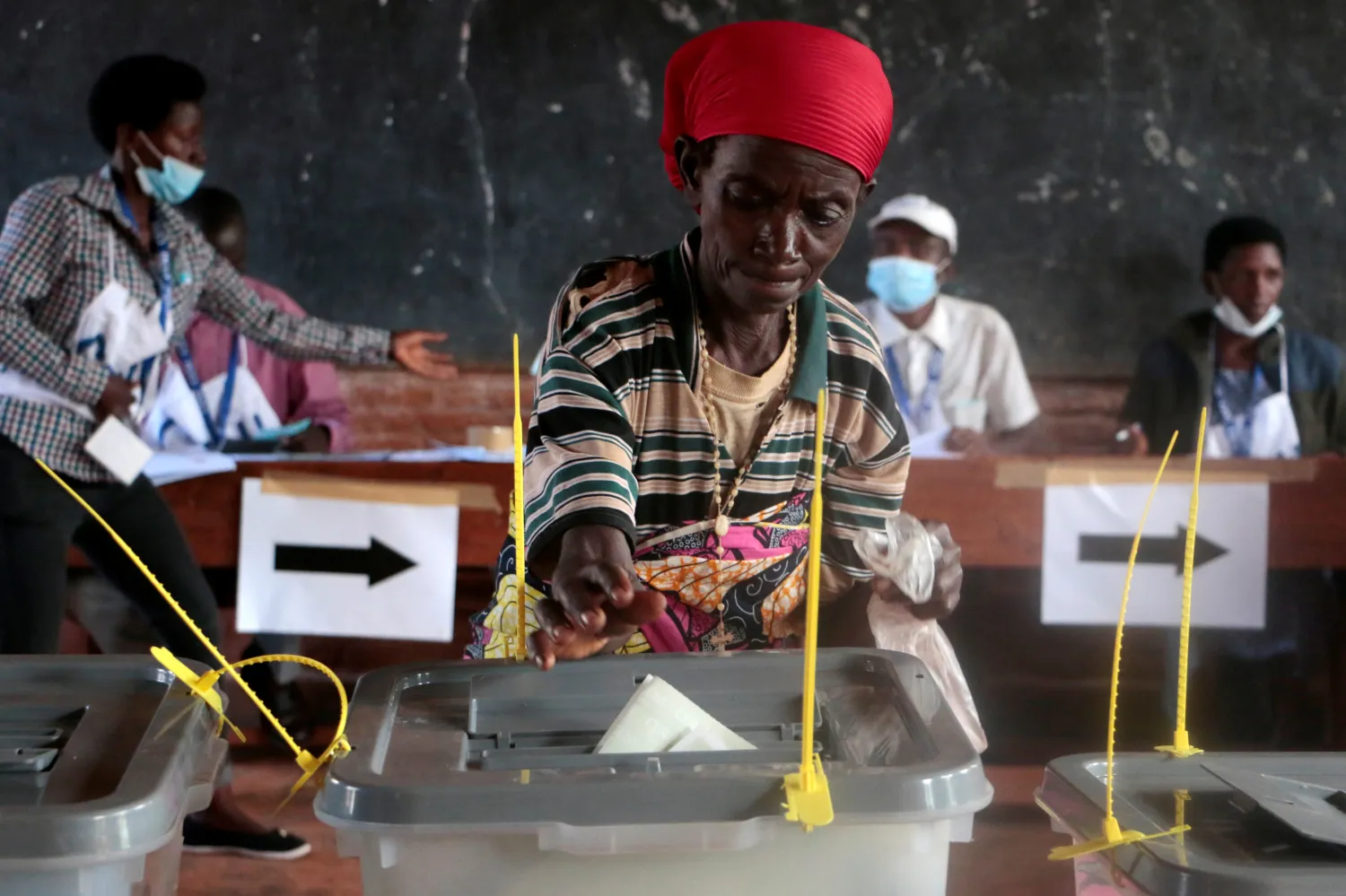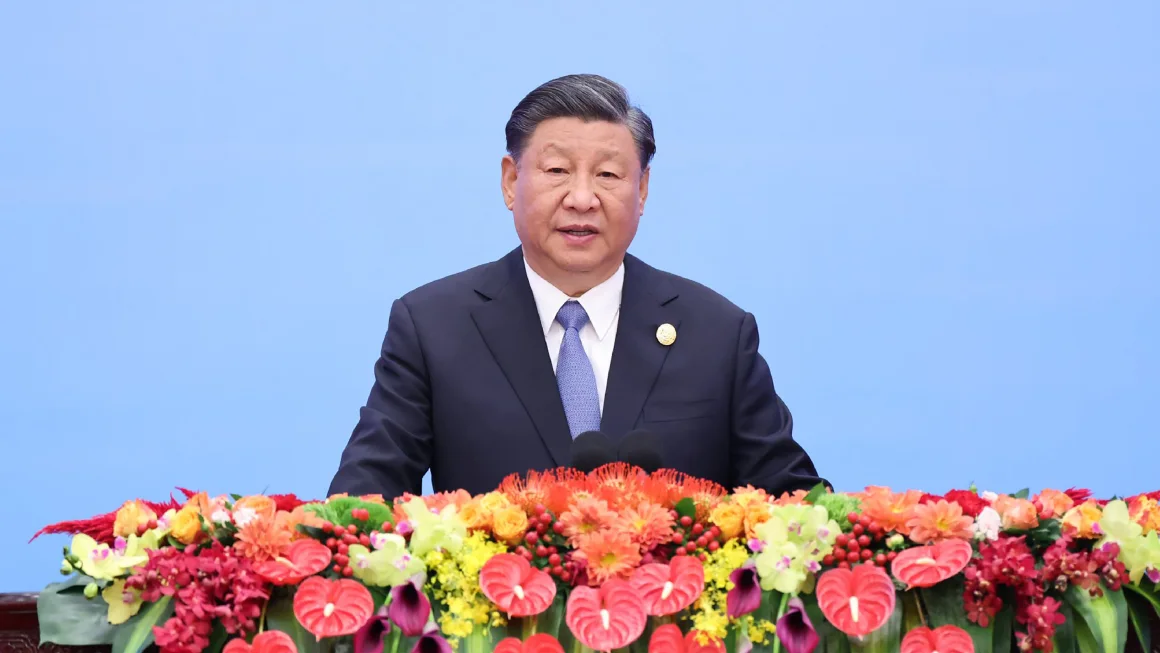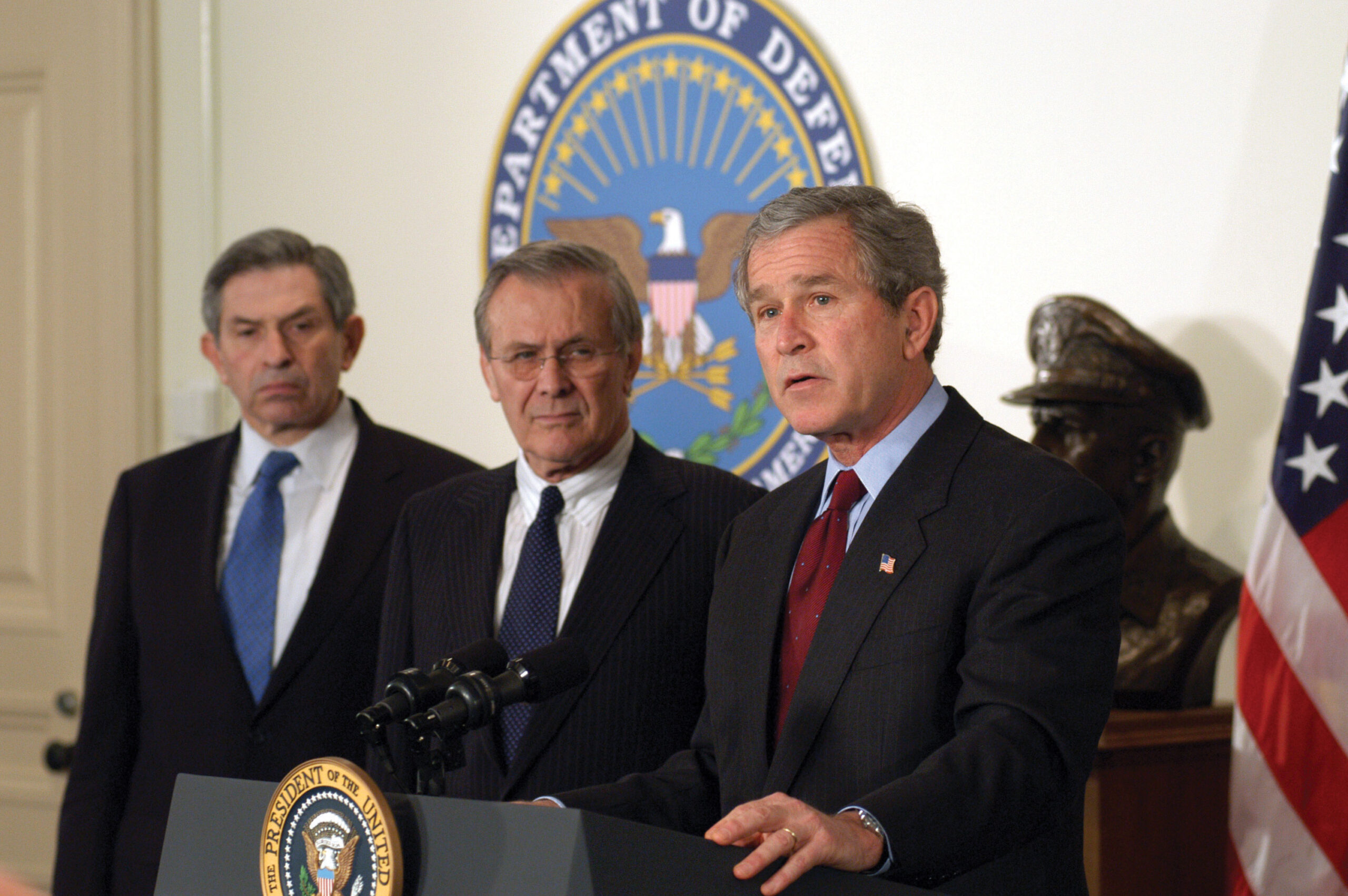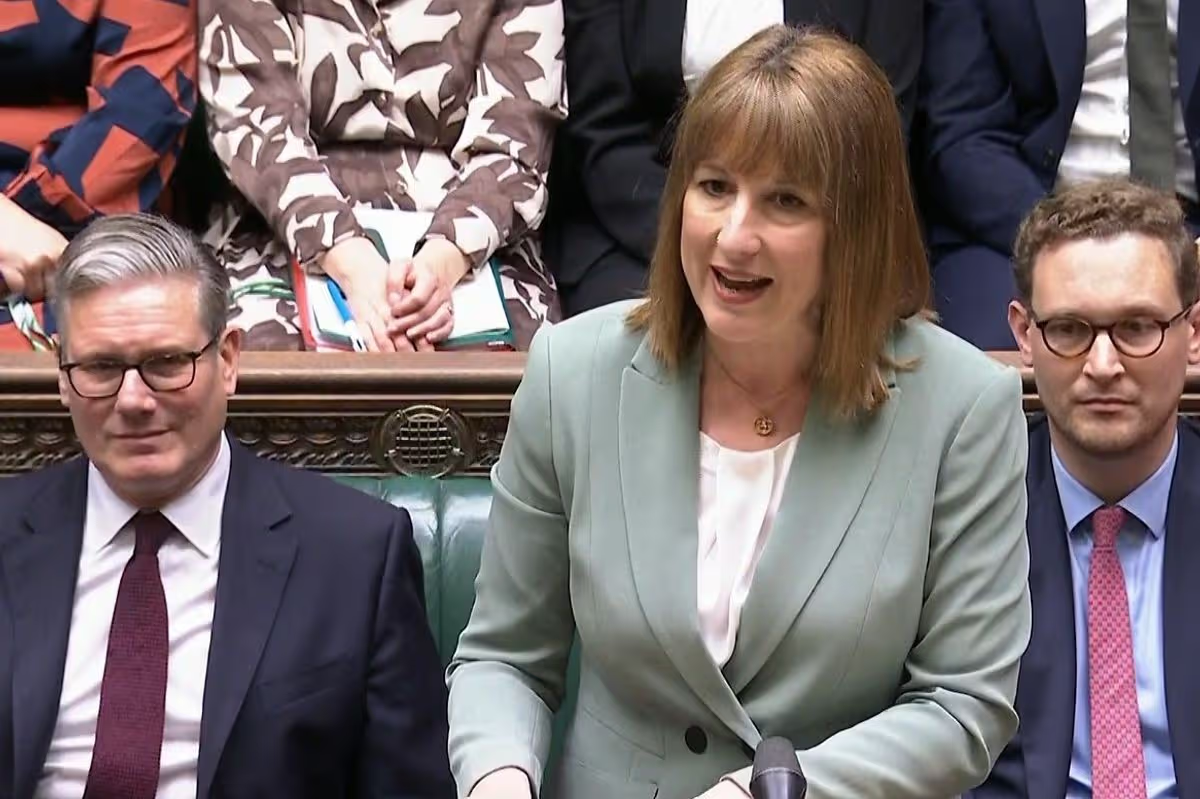As 2025 unfolds, economic uncertainty continues to dominate the minds of Americans. From soaring living costs to political gridlock over fiscal spending, citizens across the nation are feeling the pressure. According to recent surveys, concerns about health care and the budget deficit have surged to the forefront reflecting a population increasingly anxious about financial stability and government responsibility.
The post-pandemic recovery, though steady in some areas, has left behind deep structural imbalances. Rising medical expenses, stagnant wages, and a widening fiscal gap are reshaping how Americans perceive economic security.
The State of the U.S. Economy in 2025
While the economy shows signs of resilience with strong job numbers and gradual growth inflation and federal debt remain persistent worries. The federal budget deficit has ballooned due to years of emergency spending, defense expenditures, and social welfare programs.
At the same time, the health care system remains one of the most pressing challenges, as millions struggle with high premiums, costly prescriptions, and limited access to affordable care. Together, these two factors fiscal imbalance and healthcare burdens fuel a growing sense of economic unease.
Why Health Care Tops the List of Economic Concerns
Americans consistently rank health care as one of the top economic worries. Despite advances in medical technology and expanded insurance programs, affordability remains elusive.
Key reasons include:
- Rising Costs: Hospital visits and prescription drugs continue to outpace wage growth.
- Insurance Gaps: Many workers with part-time or gig jobs still lack adequate coverage.
- Aging Population: The growing number of retirees puts added strain on Medicare and private systems.
For many families, unexpected medical expenses are a major financial setback sometimes leading to debt or bankruptcy. As a result, discussions about healthcare reform remain central to both personal finance and national politics.
The Growing Budget Deficit and Its Impact
The U.S. budget deficit now exceeds several trillion dollars, a figure that alarms both economists and everyday citizens. Large government spending packages, while essential during times of crisis, have created long-term fiscal challenges.
When the government borrows heavily, it can crowd out private investment and raise concerns about future tax increases. Americans fear that an expanding budget deficit will eventually lead to higher inflation, reduced public services, and a weaker economy.
Lawmakers from both parties debate solutions from cutting federal programs to increasing taxes on high earners but consensus remains elusive. The continued political stalemate only deepens public anxiety.
Interconnection Between Health Care and the Budget Deficit
These two issues are not separate they are deeply intertwined. The U.S. government spends a significant portion of its annual budget on health care programs like Medicare and Medicaid. As costs rise, the budget deficit grows larger, creating a cycle that’s difficult to break.
Reducing the deficit without addressing healthcare costs is nearly impossible. Conversely, cutting healthcare funding can leave millions vulnerable and worsen public health outcomes. This delicate balance is one of the most complex policy challenges facing America in 2025.
Public Sentiment and Political Implications
Polls show that voters across party lines share similar concerns: they want affordable health care, lower inflation, and responsible fiscal management. Economic anxiety has become a unifying theme influencing elections, policy debates, and even consumer behavior.
Candidates who propose practical solutions to healthcare costs and the budget deficit are likely to gain traction in upcoming elections. Americans are demanding transparency, accountability, and long-term strategies not temporary fixes.
Conclusion
Economic worries continue to dominate the national conversation because they touch every aspect of American life from family budgets to national priorities. Issues like health care affordability and the ballooning budget deficit are more than numbers on a spreadsheet; they represent real challenges for millions of households.
As the U.S. moves deeper into 2025, the path forward will depend on policymakers’ ability to find balance promoting growth without deepening debt, and ensuring access to care without overwhelming taxpayers.
The message from Americans is clear: financial security and fairness must take center stage. Only by addressing the twin challenges of health care and the budget deficit can the nation restore confidence and chart a sustainable economic future.











